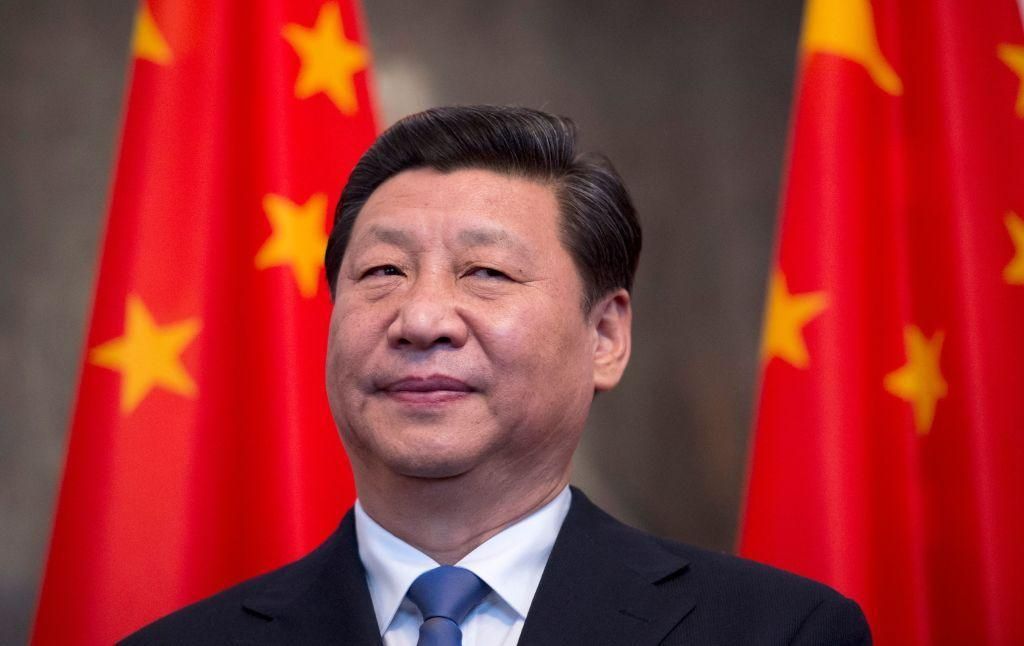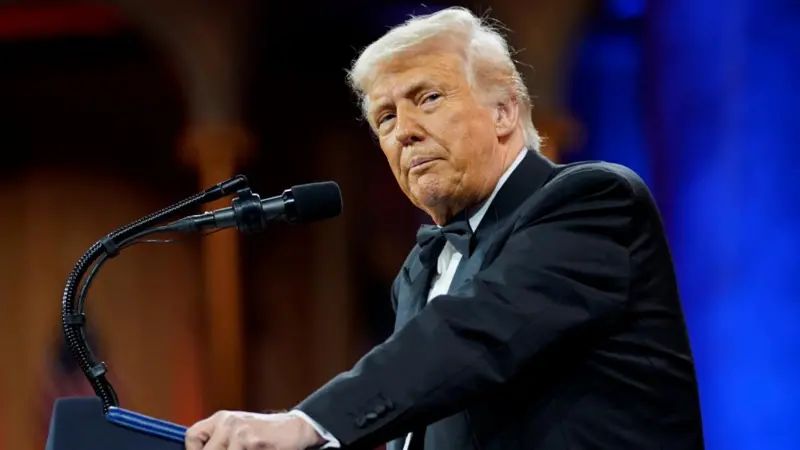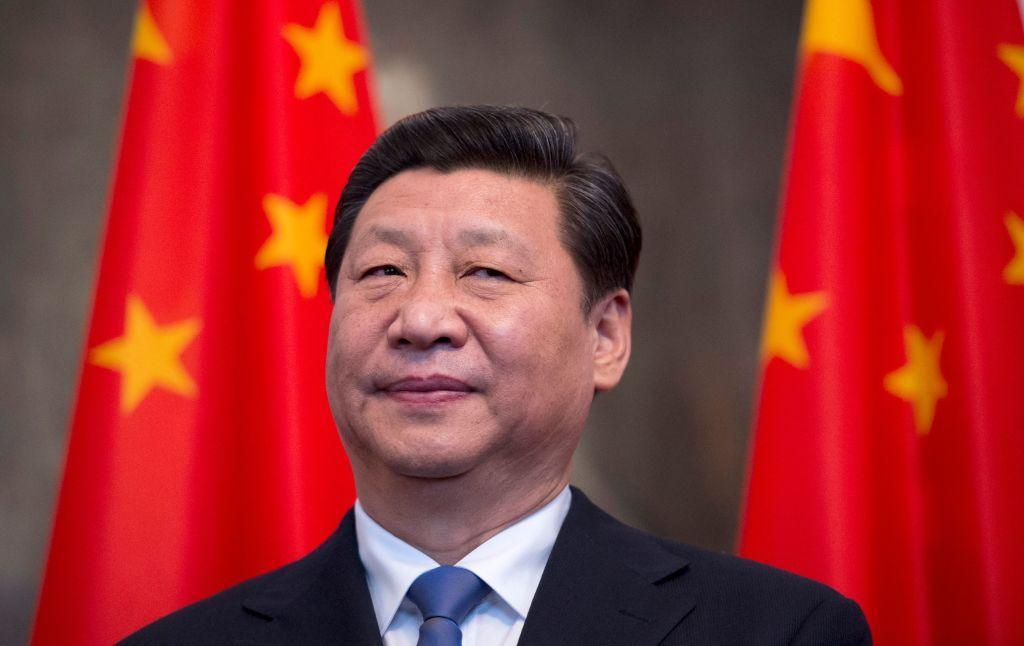
Donald Trump’s “explosive” tariffs on 60 countries which he deems the “worst offenders” have come into effect
The latest phase of the US president’s sweeping global tariffs includes 104% duties on goods from China, the world’s biggest exporter
The additional tariffs on China kicked in after Beijing refused to meet Trump’s deadline to withdraw its own retaliatory levies on the US
Dharshini David analysis: By imposing the largest tariffs on American importers and households in a century, Trump has in effect built a trade wall
Trump has said that the tariffs – which are taxes on goods bought from other countries – will boost the US economy, but experts warn they could push up prices for consumers
Major Asian markets extended their losses after the tariffs kicked in
Trump’s ‘trade wall’ raises fears of global recession
By imposing the largest tariffs on American importers and households in a century, President Trump has in effect, built a trade wall – aimed at reducing an influx of goods and preventing jobs migrating the other way, with a vision of reinvigorating American manufacturing.
For while that sector made a quarter of global goods 30 years ago, now it’s responsible for one in seven.
But this policy has raised a more immediate heightened risk of recession – in the US and globally – say economists.
And these extra tariffs won’t just threaten growth in the countries directly affected but in the UK too, thanks to complex supply chains and vulnerability to demand elsewhere.
However, lower oil prices and the increased chance of cheaper imports diverted to this country may lessen inflation – and, investors think, pave the way for several more rate cuts from the Bank of England this year, easing the pressure on millions of households

From Apple to Adidas – which products are going to be hit hardest?
Among the nations hardest hit by these tariffs are China (104%), Vietnam (46%) and Cambodia (49%).
Several US-based global brands such as Nike and Apple, which manufacture their goods outside the US, have suffered steep falls in their share prices over the last few days – and are expected to be impacted further by the reciprocal tariffs.
Let’s take a look at some of these:
China
Apple makes most of its hardware in China and some in India
H&M manufactures most of its clothing in China and Bangladesh
Vietnam
Gap – an American clothing retailer that also operates Old Navy, Banana Republic and Athleta – sources about 21% of its clothing from Vietnam, according to an analysis by Prof Sheng Lu at the University of Delaware
About half of Nike and 39% of Adidas trainers are made in Vietnam
Samsung also has significant production operations in Vietnam
New tariffs won’t apply to goods already heading to US – expert
Donald Trump’s latest tariffs have come into effect – but what do they mean for international trade?
The president of global logistics firm Flexport expects significant impacts, though they might not be felt immediately.
Explaining how the they will work, Sanne Manders tells BBC Radio 4’s Today programme: “When it gets loaded on a vessel now it will be taxed with 104%, if it was loaded before the cut-off date then it will still be under the old regime.
“So we will still see cargo arriving in the US in, let’s say, the next two weeks, that will be under the old regime.”
Although he notes that for China there have already been first 10% and then 20% tariffs introduced since Trump took office.
A stand-off, 104% tariffs and White House divisions
The full weight of Donald Trump’s “Liberation Day” strategy is now in force.
But as additional tariffs are imposed on imports from countries with which America has significant trade deficits, many US consumers fear rising prices on everyday goods such clothes and food, with some people stockpiling while they can.
China and the US, the world’s two biggest economies, are now engaged in an escalating stand-off.
The 104% on Chinese goods represents the highest tariff living memory.
Other countries, according to Donald Trump, are keen to try to negotiate a deal, with delegations from Japan and South Korea en route to Washington.
The drama of the past week appears to have fuelled divisions within the White House, exploding yesterday into a feud between Elon Musk and President Trump’s trade adviser Peter Navarro, who the Tesla boss described as “dumber than a sack of bricks”.
The White House press secretary Karoline Leavitt has dismissed their public sparring, saying “boys will be boys”.






